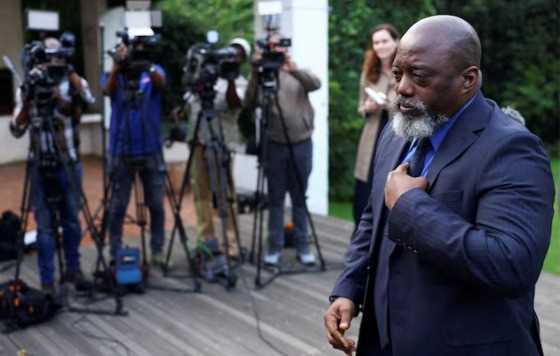
Zim Now Writer
The Democratic Republic of Congo has begun proceedings to lift former President Joseph Kabila’s immunity, accusing him of backing the M23 insurgency in the country’s conflict-ridden eastern region. The move could pave the way for Kabila to stand trial on charges of war crimes, including support for armed rebellion, crimes against humanity, and civilian massacres.
Justice Minister Constant Mutamba announced Wednesday evening that the army's attorney general has formally requested the Senate to revoke Kabila’s legal protection as a senator-for-life. Mutamba said authorities had compiled clear evidence linking Kabila to atrocities committed in eastern Congo, where Rwandan-backed M23 rebels have captured vast territory this year.
“Kabila should return to face justice,” Mutamba stated. “Otherwise, he will be prosecuted in absentia.”
Related Stories
Kabila, who ruled the country from 2001 to 2019, left Congo in late 2023 and has spent most of his time in South Africa. He recently indicated plans to return, claiming he wants to contribute to resolving the eastern crisis. However, his return could disrupt ongoing U.S.-backed peace efforts, which aim to end the rebellion and stabilize a region rich in strategic minerals sought by international powers.
The accusations come just days before a May 2 deadline for Congo and Rwanda to present a draft peace deal, as agreed in Washington on April 25. Both countries have pledged to halt military support for armed groups. As of Thursday, it remained unclear whether the draft would be completed in time or what its terms would entail.
In March, Kabila was seen meeting former South African President Thabo Mbeki in Johannesburg. Since then, Congo’s interior ministry suspended his political party, the People’s Party for Reconstruction and Democracy, and the justice ministry has moved to freeze Kabila’s and his party leaders’ assets.
Ferdinand Kambere, PPRD’s permanent secretary, dismissed the accusations as politically driven. “This is a desperate attempt to block Kabila’s return,” he said, accusing President Félix Tshisekedi of fueling the ongoing eastern crisis.
Kabila took office in 2001 following the assassination of his father, Laurent-Désiré Kabila. He clung to power after his final term expired in 2016, sparking deadly protests, but eventually stepped down after the 2018 elections.











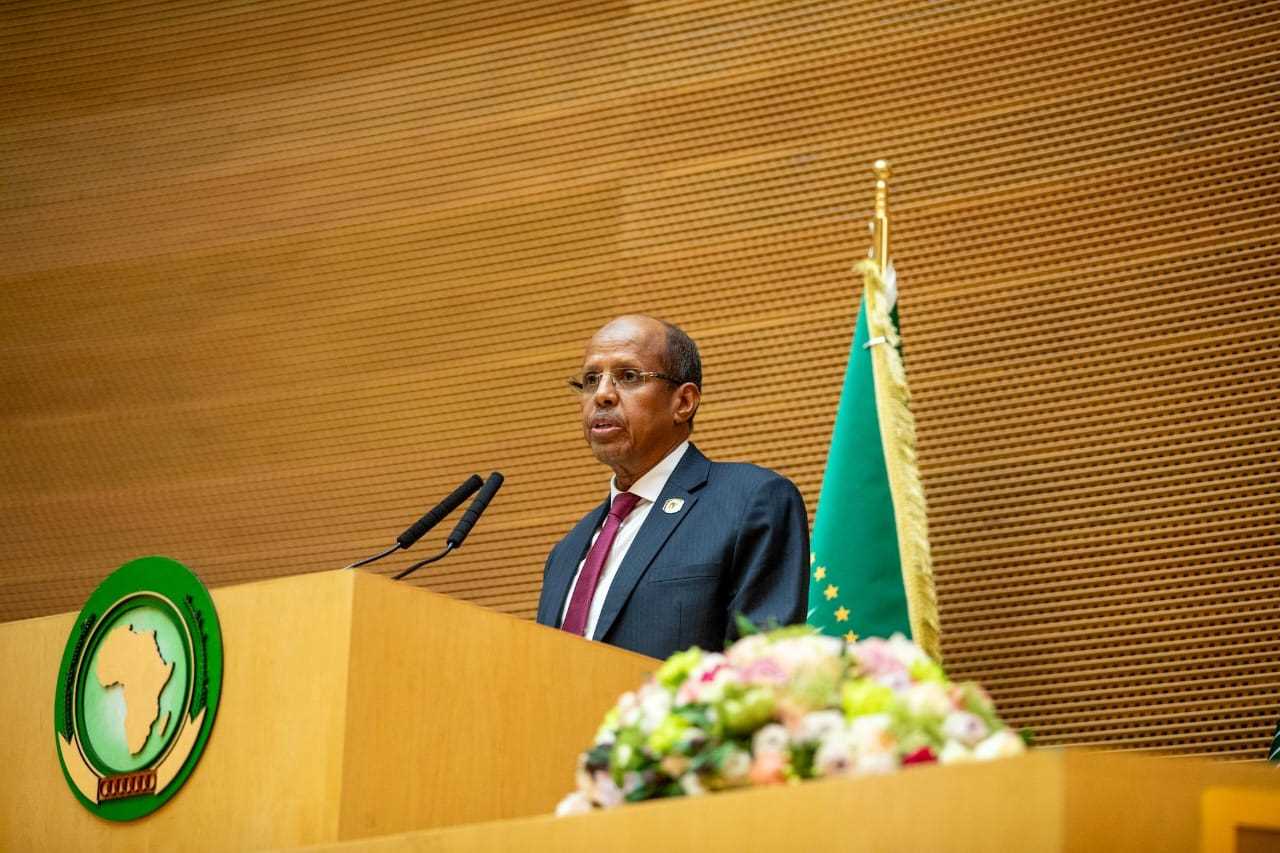
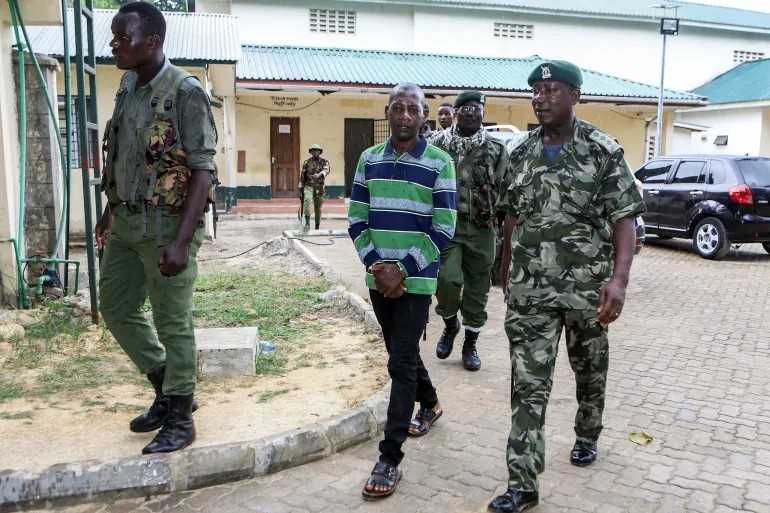

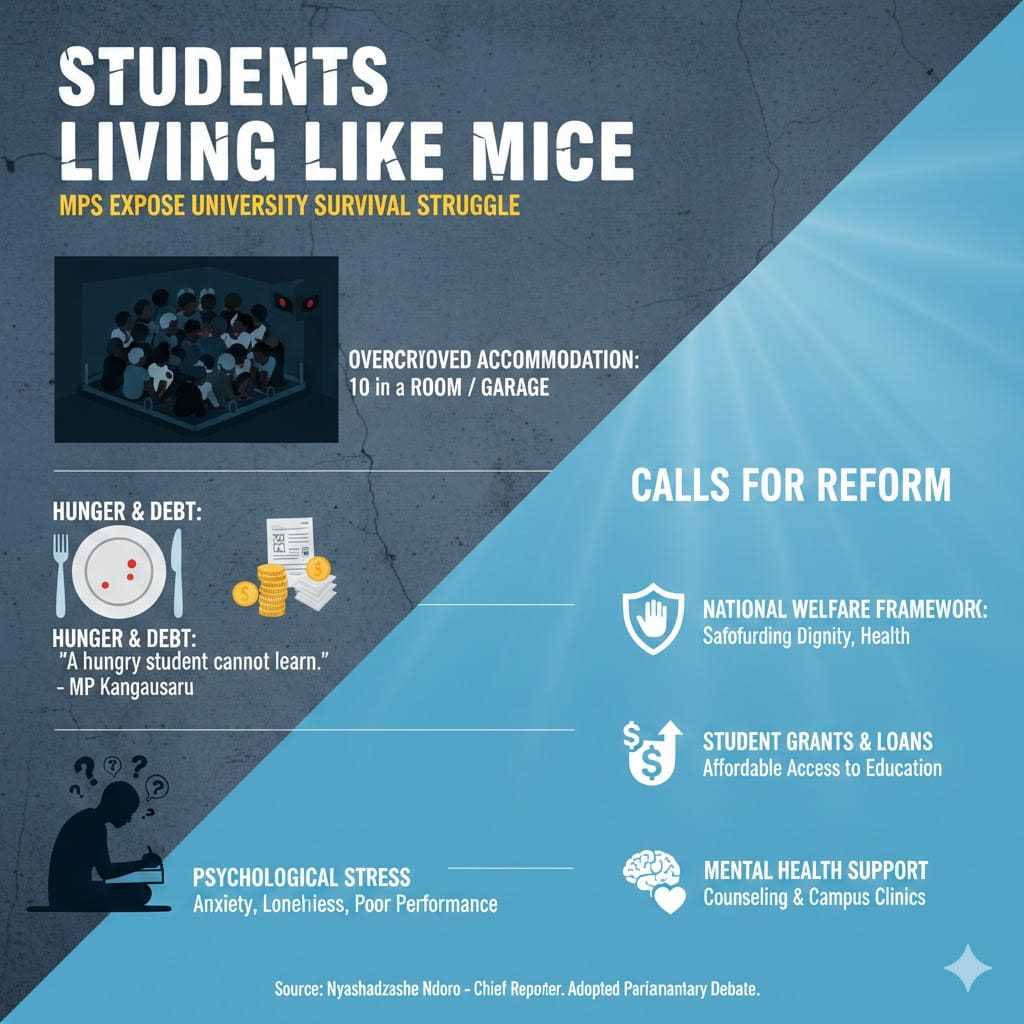
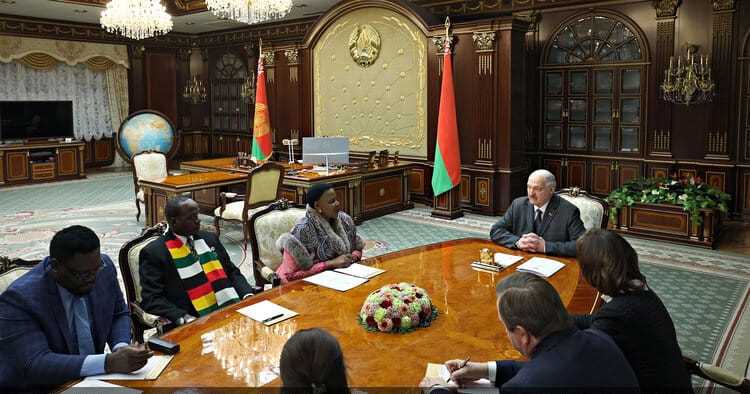

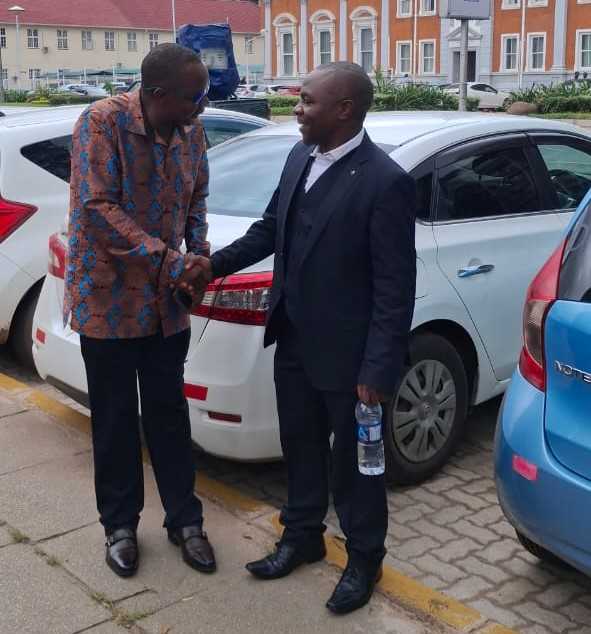


Leave Comments